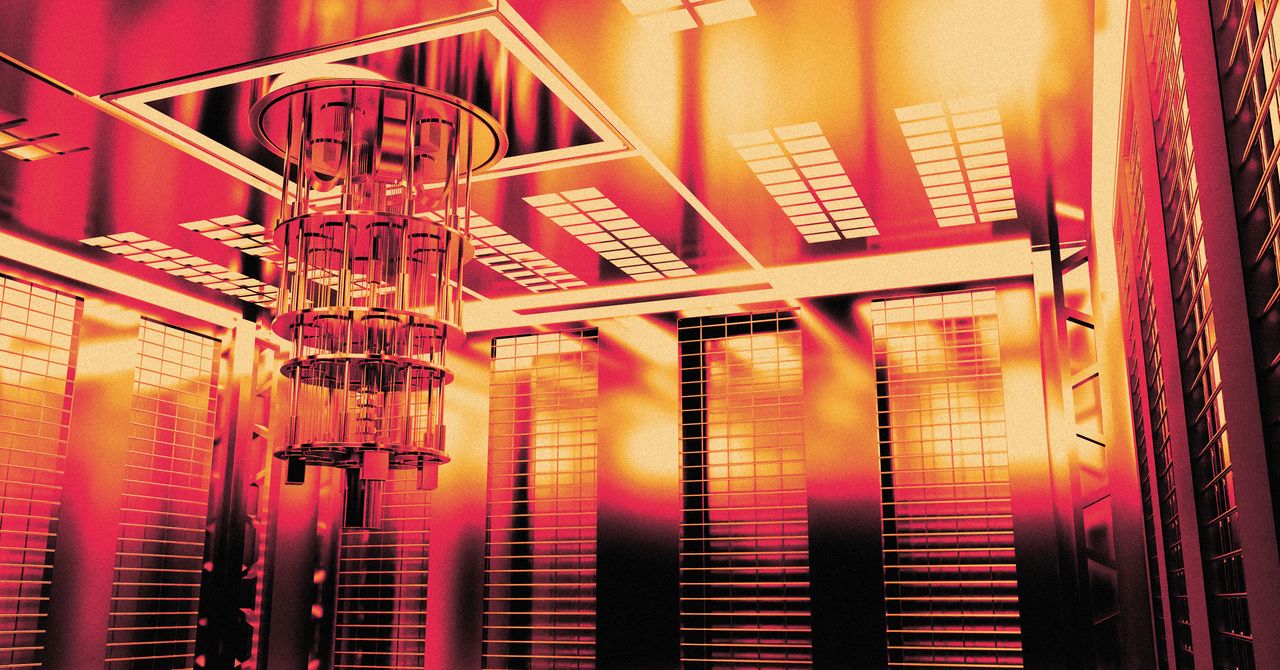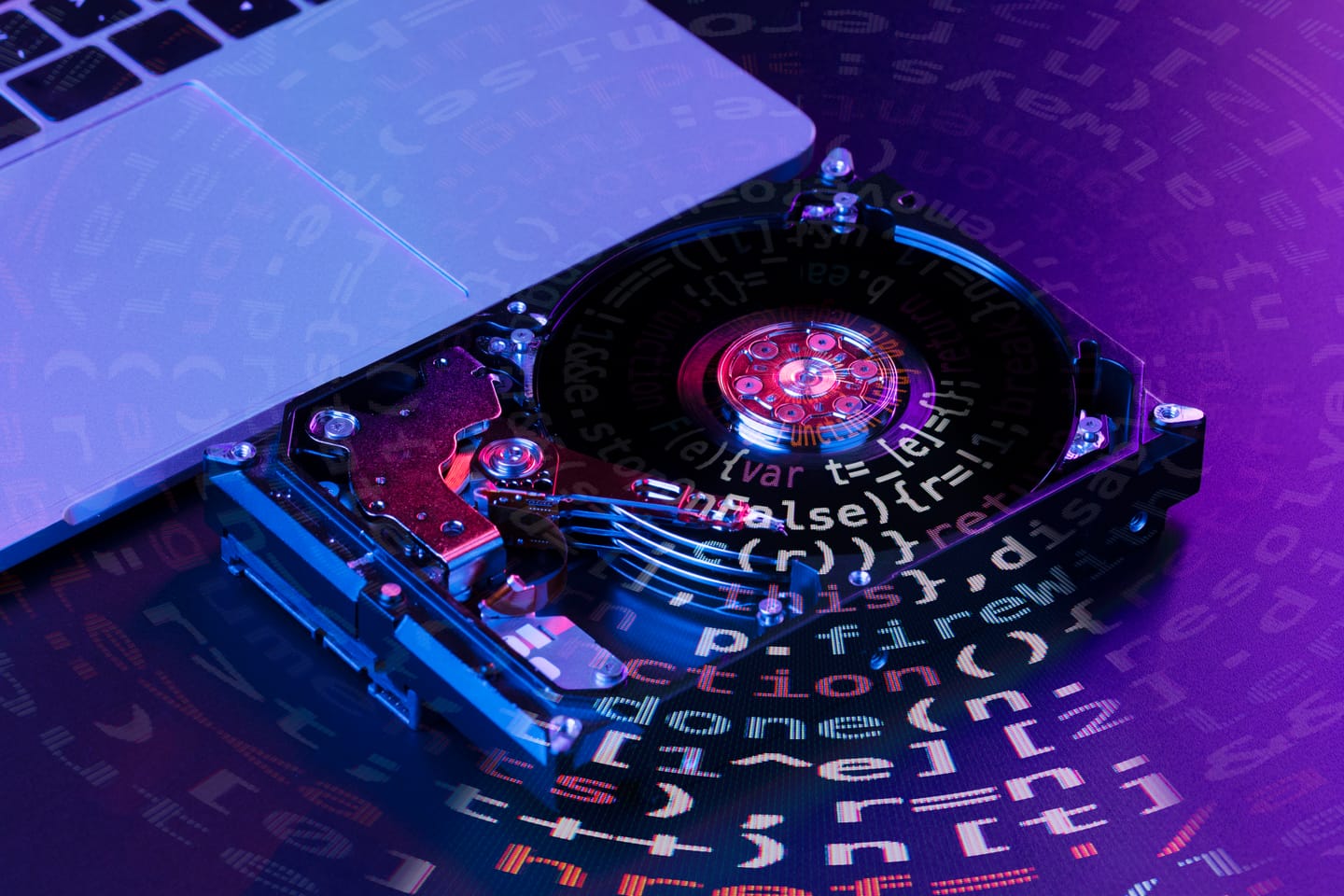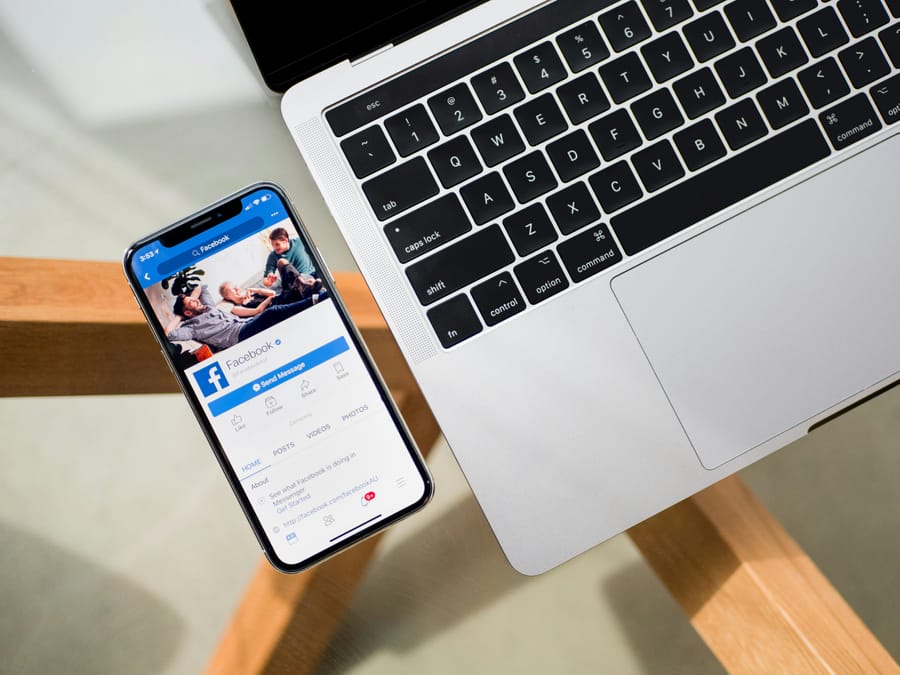The advancement of quantum computers is bringing us closer to so-called Q-Day—the moment when a quantum device becomes capable of cracking currently used encryption systems, endangering emails, text messages, bitcoin wallets, police records, hospital databases, power plants, and the entire global financial system. According to the Global Risk Institute's latest "Quantum Threat Timeline" report, there is a one-in-three chance that Q-Day will occur before 2035, whilst some experts estimate a 15% probability that it has already happened in secret.
Tech giants, including Google, Huawei, IBM, and Microsoft, as well as state actors like China, the US, and the European Union, are investing significant resources in developing quantum technology, which harnesses the mechanics of the subatomic world to perform calculations in parallel that would take traditional computers millennia. The primary threat is based on Peter Shor's algorithm, developed in 1994, decades before anyone had built a real quantum computer. This algorithm could potentially break RSA encryption and other systems that rely on the difficulty of factoring large numbers—a task that would take classical computers thousands of years, but quantum machines could solve in minutes. Google announced achieving "quantum supremacy" in 2019 with its 53-qubit chip that solved in 200 seconds a task that would take 100,000 conventional computers about 10,000 years, whilst its latest Willow quantum processor has 105 qubits. However, cybersecurity experts note that running Shor's algorithm would require thousands or even millions of qubits, which no company has yet achieved.
The dangers associated with Q-Day can be divided into two main areas: threats to confidentiality and authentication. Chris Demchak, a cybersecurity professor at the US Naval War College, suggests that a Q-Day computer could allow an adversary to eavesdrop on classified military data in real time, including the locations of submarines, satellite activities, and missile capabilities. Additionally, there's the possibility of "harvest now, decrypt later" attacks, where hackers are already collecting encrypted data for future use. The US National Institute of Standards and Technology (NIST) launched a competition in 2016 to develop quantum-proof encryption algorithms and released its first quantum-proof encryption standards in summer 2024, which have already been implemented on messaging platforms such as Signal and iMessage, but updating physical infrastructure could take decades.
Sources:

2.

3.











